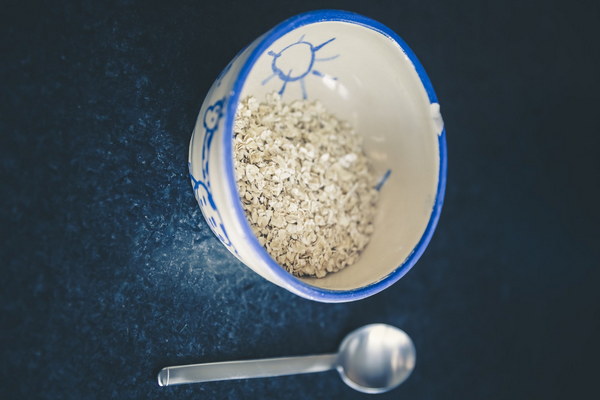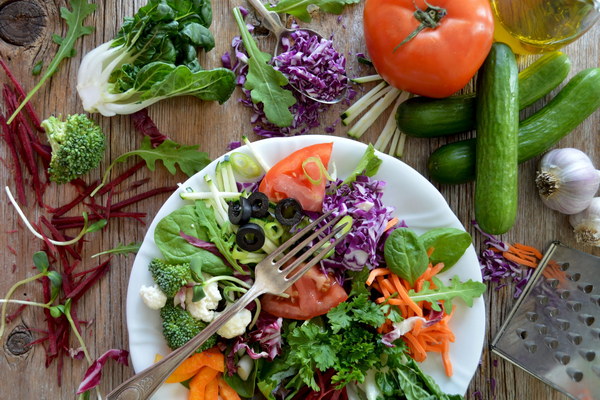The Top 20 Misconceptions About Wellness Debunking Common Health Myths
In the quest for a healthier lifestyle, it's easy to fall into the trap of believing common myths and misconceptions about wellness. Here are the top 20 misconceptions about health and fitness, debunked to help you navigate the world of wellness more effectively.
1. Misconception: Drinking eight glasses of water a day is essential for health.
Reality: While staying hydrated is important, the exact amount of water needed varies from person to person. Listen to your body's thirst signals and drink water throughout the day, but don't overdo it.
2. Misconception: Eating fat makes you fat.
Reality: Not all fats are created equal. Healthy fats, such as those found in avocados, nuts, and olive oil, are essential for your body and can aid in weight management.
3. Misconception: Skipping breakfast helps you lose weight.
Reality: Skipping breakfast can lead to overeating later in the day. Eating a balanced breakfast can help regulate your metabolism and improve your energy levels.

4. Misconception: All carbs are unhealthy.
Reality: Carbohydrates are your body's main source of energy. Choose complex carbohydrates like whole grains, legumes, and fruits, which are rich in fiber and nutrients.
5. Misconception: More exercise is always better.
Reality: Overtraining can lead to injuries and decreased performance. Listen to your body and allow for rest and recovery periods.
6. Misconception: Sugar is the enemy.
Reality: Sugar itself is not inherently harmful. It's the excessive consumption of added sugars that can lead to health issues. Focus on whole foods and limit processed items.
7. Misconception: You can out-exercise a bad diet.
Reality: Exercise is a crucial component of a healthy lifestyle, but it cannot outweigh the negative effects of an unhealthy diet.
8. Misconception: Natural is always better.
Reality: Natural does not always mean safe or beneficial. Always consider the potential risks and benefits of any product or supplement.
9. Misconception: Breakfast cereals are healthy.
Reality: Many cereals are high in sugar and low in nutritional value. Look for cereals that are high in fiber and whole grains.
10. Misconception: Saturated fat causes heart disease.
Reality: While excessive saturated fat intake can be harmful, moderate consumption of saturated fats from healthy sources like coconut oil and grass-fed beef is not necessarily detrimental.
11. Misconception: You can spot-reduce fat.
Reality: You cannot choose where your body loses fat. Focus on overall fat loss through a combination of diet and exercise.
12. Misconception: The more protein you eat, the more muscle you'll build.
Reality: Excess protein does not directly translate to more muscle. Aim for an adequate amount of protein to support muscle repair and growth.
13. Misconception: Organic food is always better for you.
Reality: Organic food can be healthier for the environment and less likely to contain pesticides, but it doesn't necessarily provide more nutritional benefits than conventionally grown produce.
14. Misconception: Eating late at night will make you gain weight.
Reality: Weight gain is not determined by the time you eat, but rather by the total calories consumed and burned throughout the day.
15. Misconception: Yoga is a form of exercise.
Reality: While yoga does offer physical benefits, it is primarily a mind-body practice that combines physical postures, breathing exercises, and meditation.
16. Misconception: All calories are equal.
Reality: Different types of calories (from carbohydrates, proteins, and fats) have different metabolic effects on the body.
17. Misconception: Supplements are essential for good health.
Reality: While supplements can fill nutritional gaps, they cannot replace the benefits of a balanced diet. Always consult with a healthcare professional before starting any supplement regimen.
18. Misconception: Detox diets are necessary for weight loss and health.
Reality: The body already has mechanisms for detoxifying itself. Detox diets can be harmful and are not a sustainable approach to weight loss or health.
19. Misconception: Eating fat-free or low-fat foods will help you lose weight.
Reality: Many fat-free and low-fat products are high in sugar and calories, which can contribute to weight gain.
20. Misconception: You need to exercise every single day.
Reality: Rest days are essential for muscle recovery and overall well-being. Incorporate active recovery days into your routine.
By understanding and correcting these common misconceptions, you can make more informed decisions about your health and wellness journey. Remember, the key is balance and consistency, rather than









